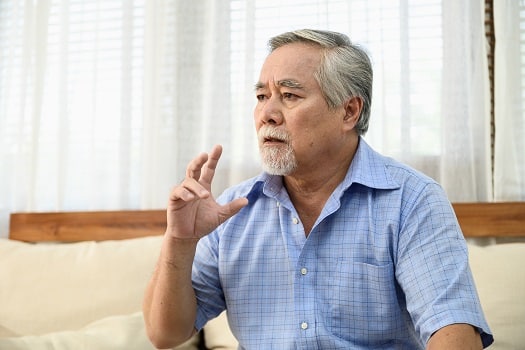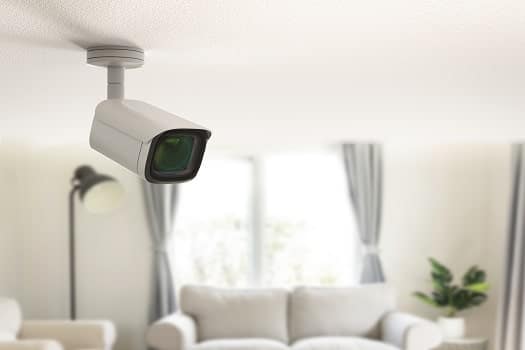Signs an Aging Adult with Dementia Shouldn’t Be Left Alone
A senior with a diagnosis of early-stage dementia may be able to continue living alone, provided the individual only has mild symptoms. Since the condition is progressive, it’s best to discuss care options early, when your senior loved one can be as involved as possible. However, there may come a time when either you or your loved one will need to make the decision to arrange for more extensive forms of care. Watching for these signs your loved one is no longer safe being left alone helps you know when to arrange for caregiving services that keep him or her safe at home.
A Healthcare Professional Expresses Concern
Seniors with dementia typically visit healthcare professionals regularly to monitor their condition. If your loved one has difficulty with memory tests or shows other signs of advancing to the next stage of dementia, the physician might suggest increasing supervision at home. You may also need to stop leaving your loved one alone when he or she has advanced to the middle stages of dementia or is described as having a moderate to severe loss of cognitive function.
Assistance with Essential Daily Activities Is Required
Family members and friends often notice their loved one’s dementia is advancing by looking for physical signs of challenges. For instance, a senior with dementia may forget to perform personal hygiene tasks. Or your loved one might stop keeping the home as clean as it was before. Forgetting to pay bills, mow the lawn, and perform other types of daily maintenance are signs your loved one might need help at home.
A highly trained caregiver with experience in caring for seniors with dementia can be a fantastic resource for family members. For trusted and reliable dementia care, families can turn to Companioa by IOA. As experts in caring for seniors with memory-related conditions, our dementia-certified practitioners will work closely with you to customize a care plan tailored to your loved one’s unique needs, interests, and desires. Our primary goal is to go above and beyond to provide the highest possible level of compassionate care by designing a care plan based on your loved one’s personal history, physical condition, and cognitive abilities.
You’ve Witnessed Rapidly Changing Symptoms
Dementia can sometimes progress rapidly, which is more common after an illness or injury. When this happens, you might notice your loved one can suddenly no longer manage to do things he or she did just a few weeks before. At this point, opting for around-the-clock care can help you stay a step ahead of rapidly changing symptoms. For example, choosing not to leave your loved one home alone overnight could prevent wandering if he or she wakes up when no one else is at home.
Caring for seniors with dementia can be challenging for family caregivers. Luckily, there is memory care families can rely on. Professional dementia caregivers help seniors with dementia stay safe and comfortable at home by preventing wandering, providing cognitive stimulation, and assisting with the tasks of daily living.
You Worry about Leaving Your Loved One Alone
Just the fact that you’re asking this question is a sign your instincts may be trying to tell you something. Family members are often the first ones to notice changes in their loved one’s abilities or behavior that are cause for concern. If you aren’t sure about whether your loved one can be left home alone, this is a sign it’s time to consult with a senior care professional. Talking to a professional caregiver can help you identify the right level of care and services to keep your loved one safe.
For reliable dementia and Alzheimer’s care, families can turn to Companioa by IOA. We are a leading provider of professional memory care designed to help seniors maintain a higher quality of life. From our revolutionary care programs to our compassionate and dedicated caregivers, we can meet all of your dementia care needs. Companioa by IOA can be your trusted partner when your loved one needs help with the challenges of aging. Call us today at (415) 750-4111 to learn about our high-quality dementia care services.







